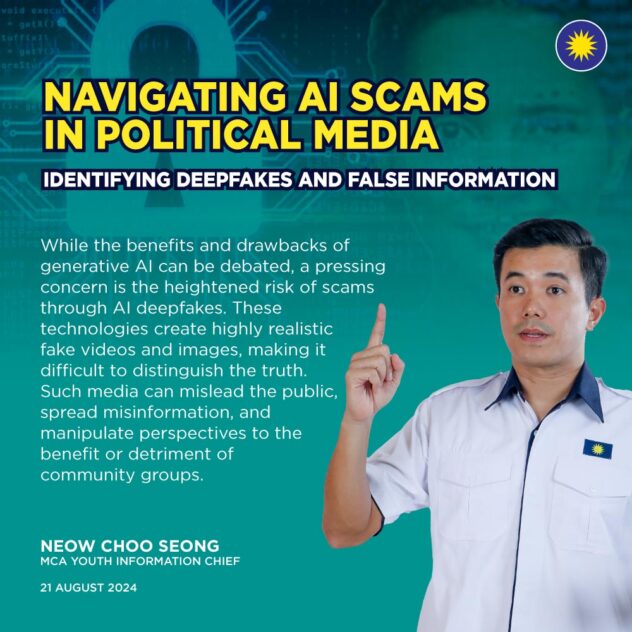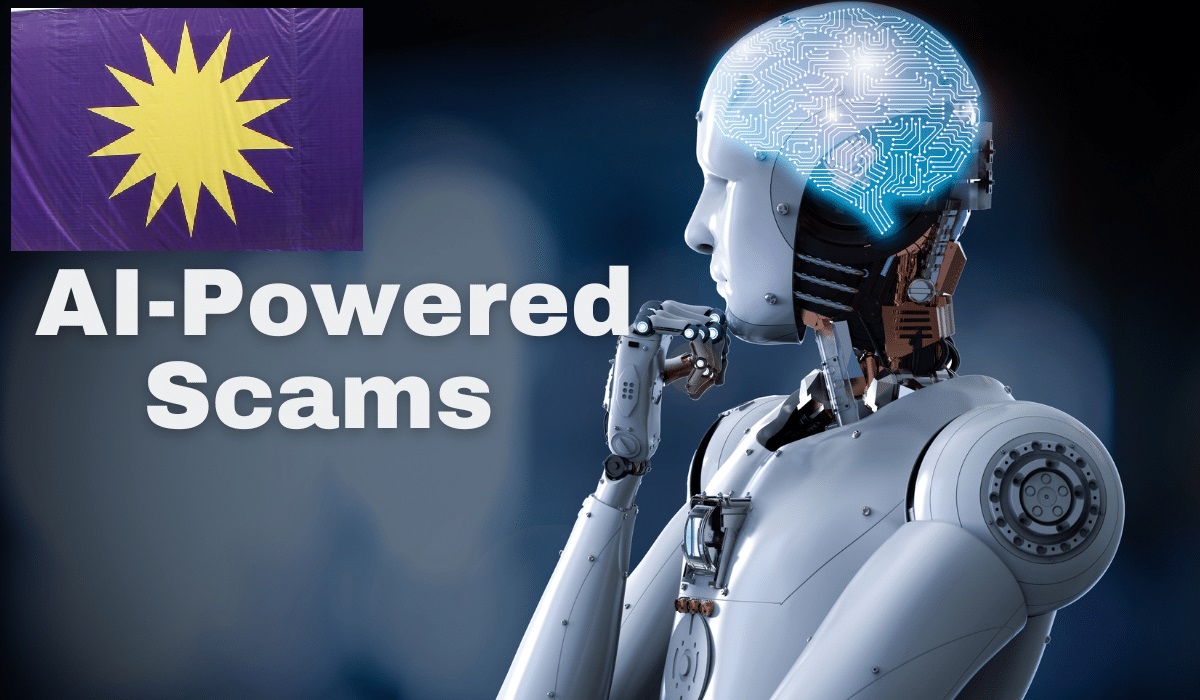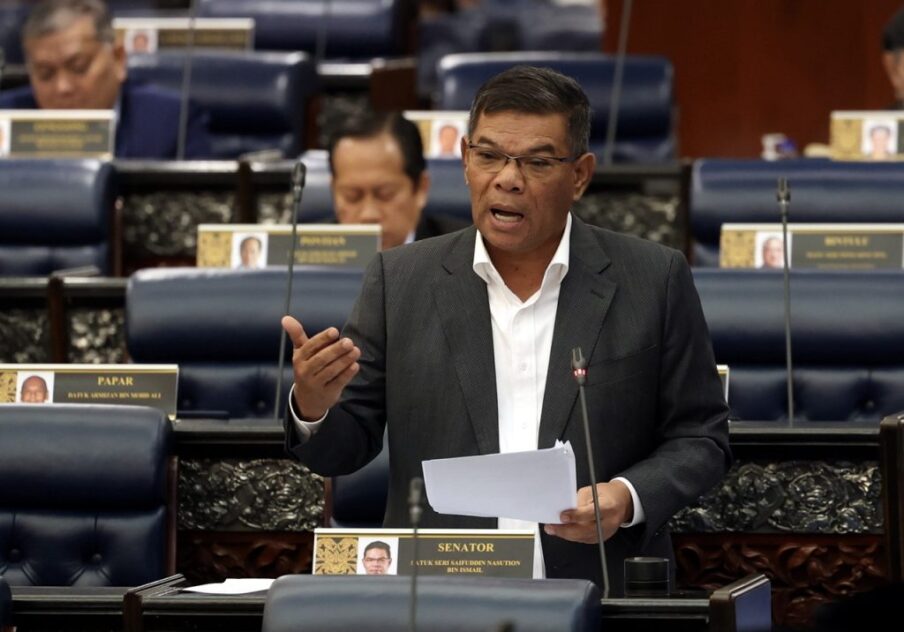WHILE the benefits and drawbacks of generative AI (artificial intelligence) can be debated, a pressing concern is the heightened risk of scams through AI deepfakes.
These technologies create highly realistic fake videos and images, making it difficult to distinguish the truth. Such media can mislead the public, spread misinformation and manipulate perspectives to the benefit or detriment of community groups.
Cybersecurity experts Derek Fernandez and Prof Dr Mohamed Ridza Wahiddin have advocated for urgent AI regulation to address these risks.
MCA supports this, recognising that the rapid spread of fake news on social media can be especially damaging to smaller communities, eroding trust and amplifying social divisions.
In some cases, these scams can also jeopardise individuals’ financial situations by exploiting their beliefs.
Fake endorsements
Without strict regulations, deepfakes and other generative AI tools could disrupt democratic processes, incite unrest and undermine societal stability. We need to exercise caution and explore methods to defend ourselves against these scams.
The public should approach online content with scepticism, especially when it involves endorsements from celebrities or public figures which may be fabricated.

It is crucial to critically evaluate and verify information through reliable sources before accepting or sharing it. Adopting a cautious approach can help mitigate the risks associated with deepfakes and digital misinformation.
Public figures or anyone affected by AI manipulations should have the right to take swift legal action to ensure that such content is removed and those responsible are penalised. Legal recourse is essential for addressing these issues and holding offenders accountable.
The government should also consider tools designed to combat disinformation that are currently deployed by governments, media and defence agencies. Such software is mainly utilised by corporations and is not widely available to the general public.
Expanding access to these tools could enhance the fight against digital misinformation. – Aug 21, 2024
Neow Choo Seong is MCA Youth information chief.
The views expressed are solely of the author and do not necessarily reflect those of Focus Malaysia.









